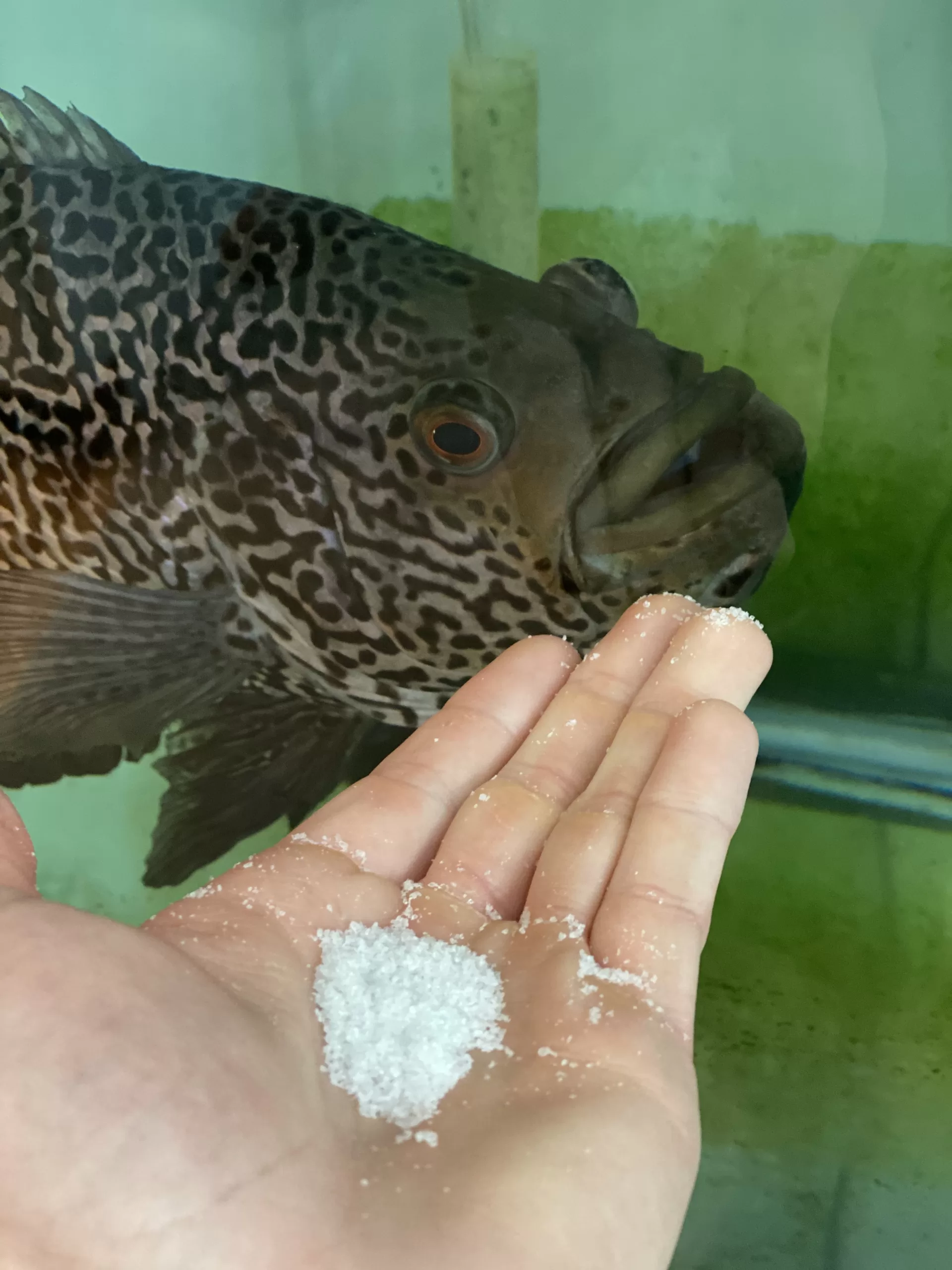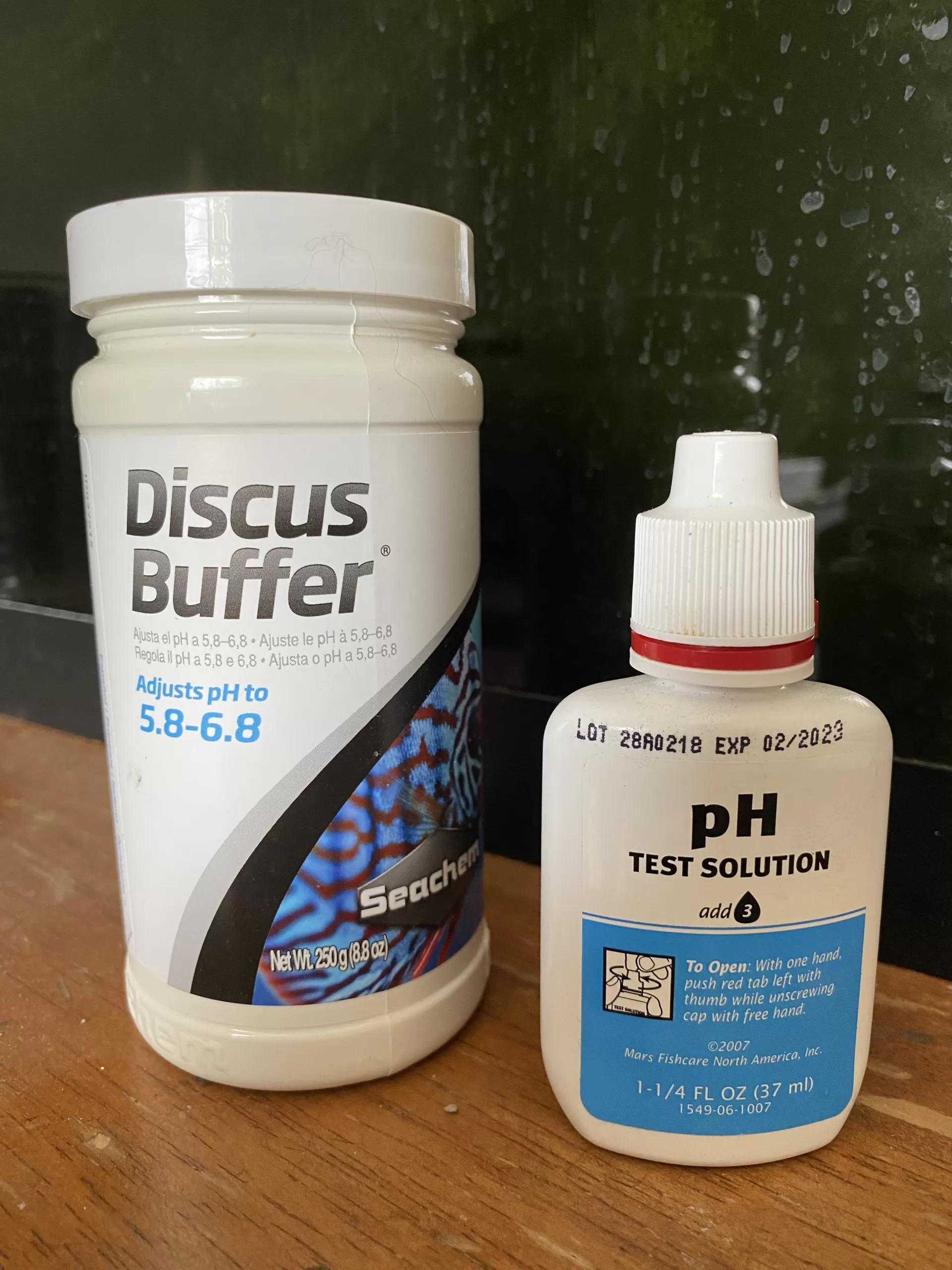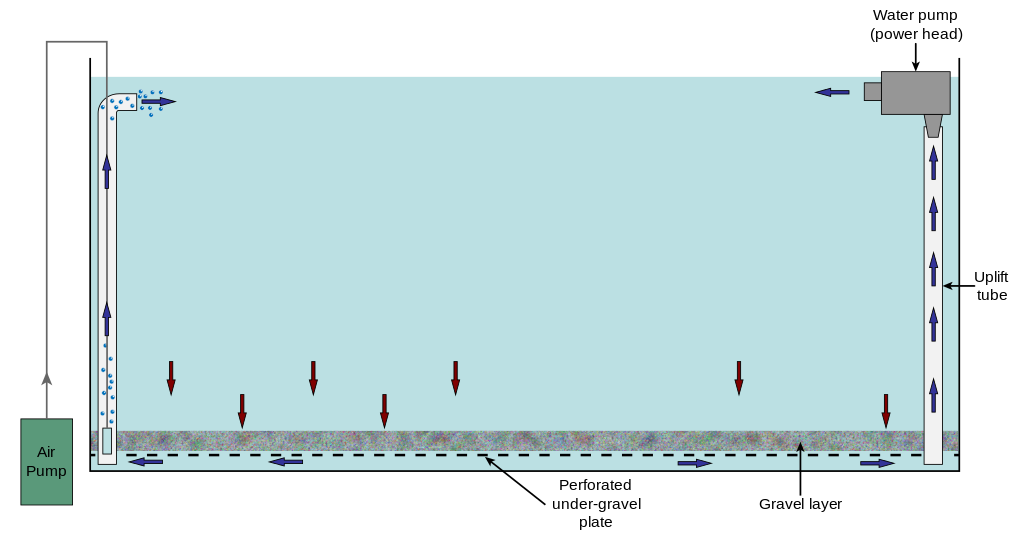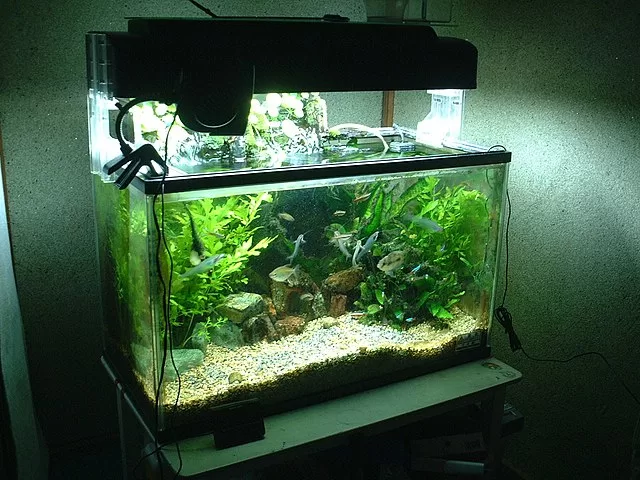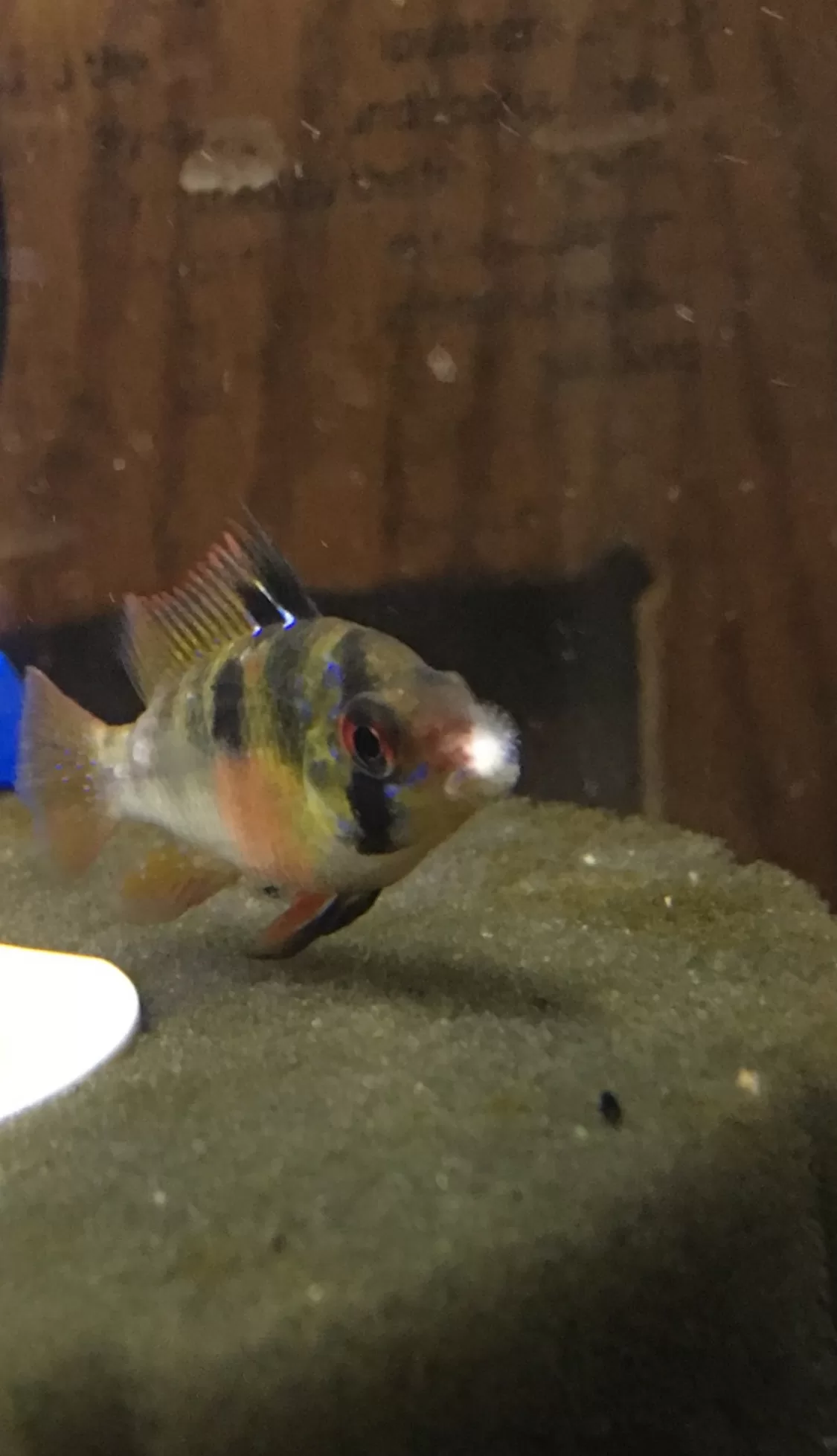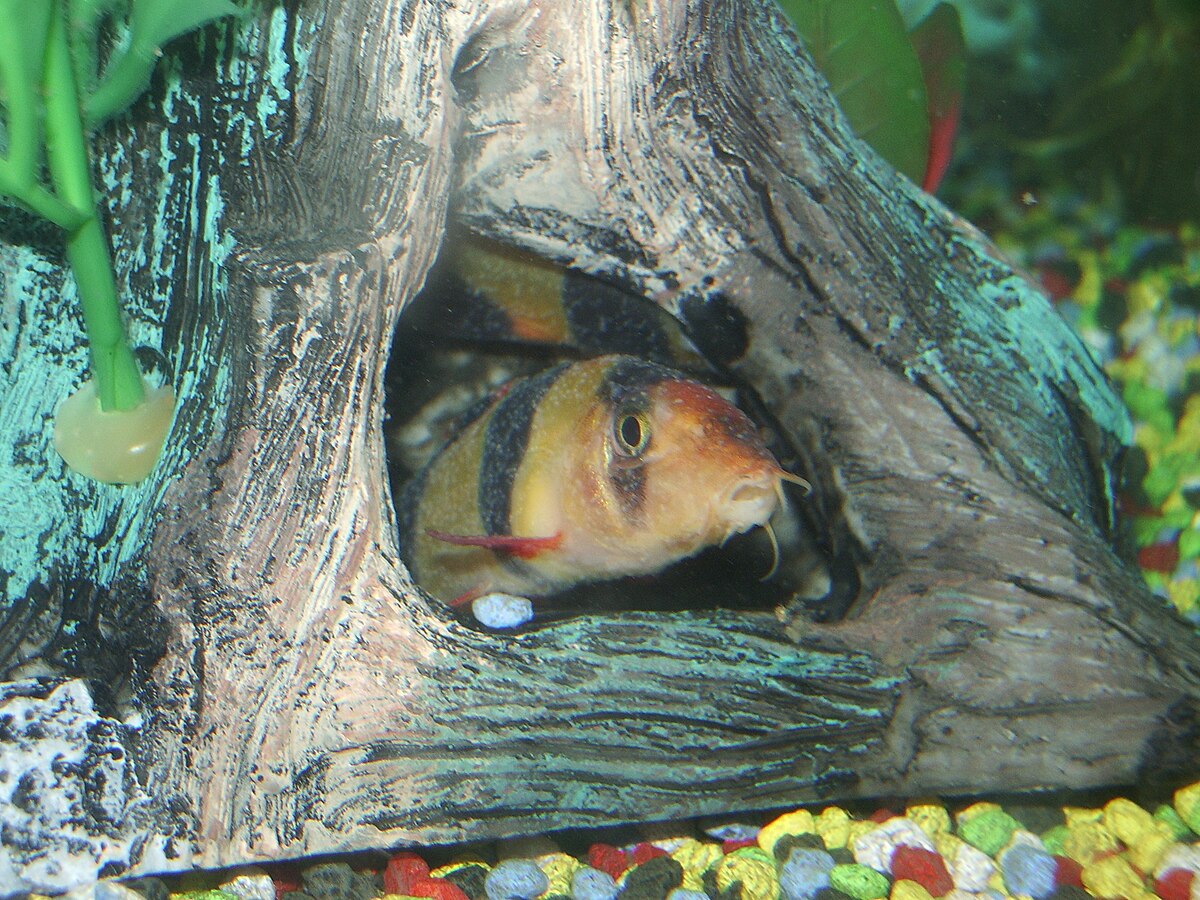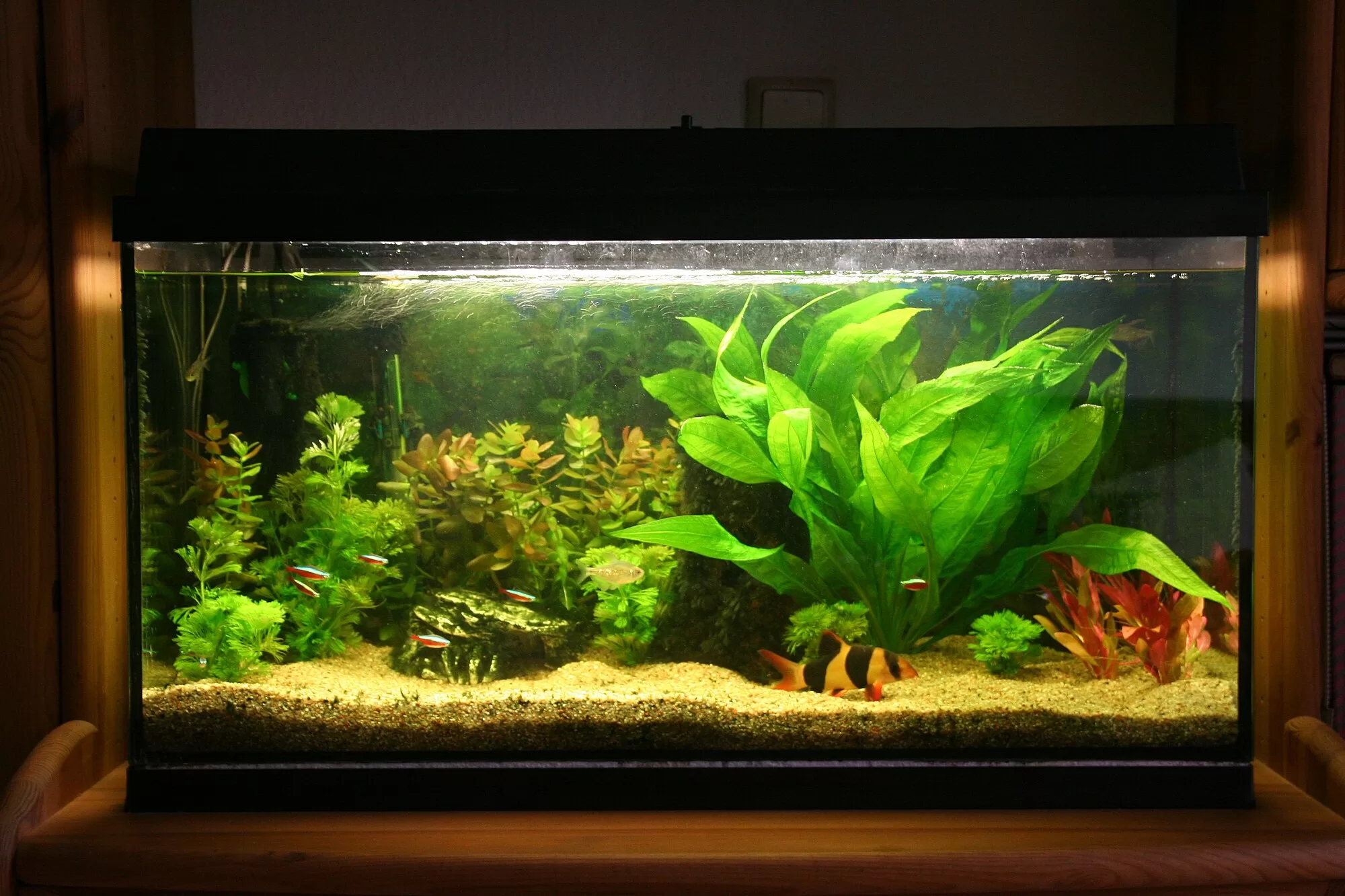When I was working at a fish store, I became very familiar with using aquarium salt in the freshwater tanks. Salt was by far the cheapest option for disease prevention and even treatment because there were over 100 tanks at the store. If salt did not do the trick, then we would bring out the big guns to treat specific tanks. While aquarium salt can be beneficial, it does have its limitations, it’s not magic. So let’s talk about how to use aquarium salt correctly.
What Is Aquarium Salt?
Contrary to what you might think, aquarium salt is just sodium chloride, the same thing as table salt, sea salt, water softener salt, etc. Yes, it’s even the same as marine salt. However, marine salt mixes contain additional minerals to raise pH and hardness like calcium and potassium that are essential to marine life, so using sodium chloride alone is not enough to make a saltwater tank. Aquarium salt alone will not raise your pH.
You can safely use table salt from the grocery store, even if it contains anti-caking agents or iodine as there is no evidence that these additives harm fish in any way. In fact, low levels of iodine found in table salt can be beneficial due to its anti-bacterial properties. If you don’t want these additives in your aquarium, the good news is that the grocery store sells plain sea salt. When you buy “aquarium salt” from a fish store, such as API aquarium salt, you are paying a marked up price for sodium chloride.
How Does Aquarium Salt Work?
Have you ever had a salty meal and felt extremely thirsty afterward? That’s because when we consume salt, water is pulled from our cells to dilute and process the salt. This causes a short-term increase in thirst as our bodies try to regulate our blood sodium levels. If humans only drank seawater, what would happen? We would die from dehydration because of a significant imbalance of electrolytes and water. What would happen if you put a freshwater fish in a marine tank? They would also die for the same reason. Now what about marine fish in freshwater? The opposite would happen, they would become over-hydrated.
Salt works by dehydrating pathogens like bacteria, fungi, and parasites. Technically, using salt is also dehydrating the fish, however, these microorganisms dehydrate much quicker at lower concentrations than the fish do, so it will not harm the fish just like humans eating high amounts of salt short term will not cause any issues.
Water is drawn from inside these microorganisms as they attempt to balance the salt concentrations through osmoregulation. However, when the salt concentration is high enough, a lethal amount of water is drawn out from inside the pathogen, which kills them.
Adding Aquarium Salt To A Freshwater Tank
Through the years, I’ve heard some pretty ridiculous and incorrect claims about salt. One is that you shouldn’t add salt directly to the tank without dissolving it in water first because it can burn the fish. Nonsense, that is unsubstantiated. You can add it right into your tank using a measuring spoon. Start low, and gradually build up the salinity as necessary.
Start at a salt dose of 1 tablespoon per 3 gallons. Wait and see if the illness responds to the treatment. If not, and you don’t see improvement after 4 days or it gets worse, go to a dose of 1 tablespoon per 2 gallons. Do the same thing again. If there is still no response, you can go to 1 tablespoon per gallon.
How Often To Use Aquarium Salt
Some people use aquarium salt in their aquariums at all times but at a low concentration to prevent illness. I would recommend against this and only using it when you’re treating an illness. Using salt all the time will make potential illnesses more resistant to it. Additionally, freshwater fish don’t need salt, and it can cause stress if you use it all the time. So save it for when you really need it, like treating sick fish or in quarantine tanks.
It’s important to know that salt does NOT evaporate with the water, so topping off a tank does not mean you need to add more salt. The only time you should add more salt is if you do a water change and physically remove the salt that is in the water.
When To Avoid Aquarium Salt
There are a couple of reasons you should stay away from aquarium salt.
Live Plants:
If you have a planted tank, it’s advised that you don’t use salt, many popular aquarium plants do not tolerate salt hardly at all. In this case, it’s better to use the med trio instead, or you might severely damage your plants.
Scaleless Fish and Snails
Scaleless fish can be extra sensitive to salt because they lack the added barrier that other fish have. Additionally, freshwater snails also do poorly in water with higher salinity.

